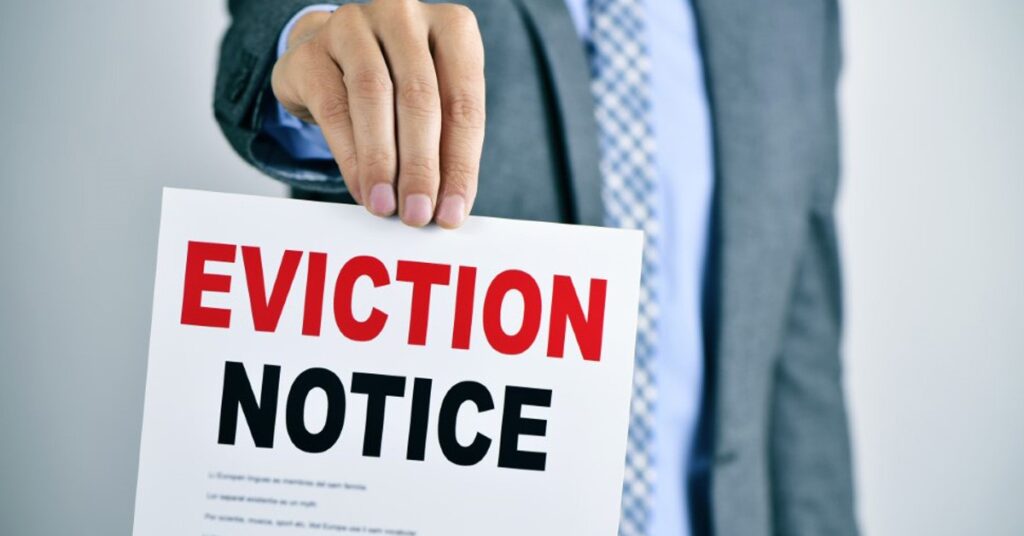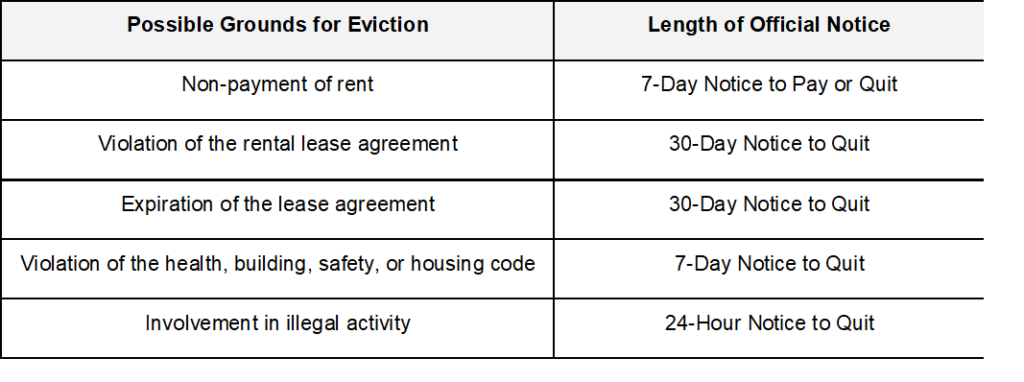
The Wholesaling Contract is the bread and butter of real estate investment, and key clauses can make or break the deal.
Some key clauses in the contract serve as pillars that ensure the document is airtight and that you’re protected against sale issues—without these key phrases, the whole sales cycle could be ruined, and famed returns could be lost.
Whether it’s your first time handling a real estate deal or you’re looking to improve your current system, this article is for you. Here are the key elements real estate investors should include in their wholesale contracts for a successful real estate deal.
What You Should Include in a Wholesaling Real Estate Contract
A Wholesaling Real Estate Contract is a legally binding agreement that sets the terms of the sale between the wholesaler (that’s you, a sort of middle person) and the seller. Having a written understanding between parties helps avoid any disputes and misunderstandings.
There are two critical parts to a wholesaling contract: the assignment contract and the purchase agreement. Here are the roles they play and what you, the wholesaler, should include in each section:
Part 1: Wholesale Real Estate Assignment Contract
The Wholesale Real Estate Assignment Contract is the first part of the Wholesaling Real Estate Contract. It transfers your right to purchase a property to potential buyers. Once you and the seller enter an equitable conversion, you’ll draft an Assignment of Real Estate Purchase and Sale Agreement.
The Assignment of Real Estate Purchase and Sale Agreement is an assignment of ownership from the seller to the home buyer and outlines that the new buyer assumes ownership of the home and absorbs all responsibilities. The agreement should contain a copy of the original purchase and sale agreement you had with the seller and outline all the terms, conditions, contingencies, prices, payment terms, and stipulations involved in the transaction.
When this first part of the agreement is signed, the wholesaler typically gets a portion of the wholesaling profit as a deposit. So, only after closing the deal will you receive the remaining balance.
Part 2: Wholesale Real Estate Purchase Agreement
Now, the second part is the Wholesale Real Estate Purchase Agreement. The document is built of several moving parts, but don’t let that scare you—the Wholesale Real Estate Purchase Agreement’s purpose is housed in the basic information. Here are the crucial clauses you should focus on:
- Who’s involved? List your name and the seller’s and buyer’s names.
- What’s the asset? Give a description and address of the real estate being sold and purchased.
- What’s the deed type? Specify the type of deed that comes with the real estate sale.
- What’s the condition of the property? List the condition of the premises, including the physical state of the structure, existing damages, and areas that need repairs.
- What’s the purchase price and financing? Record the agreed-upon price and financing terms, including where the deposits will be held.
- When’s the closing date? Write the date when the real estate transaction is finalized.
- What happens when the buyer can’t purchase? Include a financing contingency for the buyer to back out if they aren’t buying in cash and can’t obtain the required financing.
- What happens when the buyer doesn’t like the property? Include an inspection contingency for the buyer to cancel if they’re not satisfied with the results of a property inspection.
- What happens when the buyer can’t get title insurance? Include a marketable title option so the deal can be called off if the buyer cannot obtain title insurance.
- What happens if someone breaches an agreement? Include buyer and seller default clauses that detail what happens if one of them defaults on the sales contract.
- What happens if the real estate gets damaged before closing? Include a clause for risk of loss and damage to protect the buyer if the property is damaged while under contract.
- What are the additional charges? Include accounts for utilities, property taxes, and other additional charges required by the state.
- What property details should be disclosed? Disclose any information that challenges state and local laws or that you otherwise feel could be misunderstood. For example, if the property has lead-based paint, you can make a statement about it in the contract.
- What are the legalities? Include the standard addenda or legal language at the end of the contract, and mention any additional agreements made after the initial signing.
Clauses and protections help to shield you from liability. Moreover, understanding what each clause means before signing off prepares you for any contingencies that may arise in the deal down the line, helps establish trust among parties, and improves your wholesaling reputation.
Of course, there are plenty of contracts that you can download online. But they aren’t foolproof—not until you’ve got a trusted real estate attorney to double-check them for you. Your contract must guarantee you’ll get what you expect from the deal without stepping on anybody’s toes.
Wholesale Contract: The Key Elements Unlock Success
By understanding the role of the Wholesale Contract and its key elements, you can protect yourself and ensure a smooth transaction for all parties involved. And, if you’re not sure where to start, we can help.
Join as a member today , and we’ll ensure you receive an invitation to our next meeting to learn more about wholesaling from us directly. And in the meantime, sign up for our newsletter to stay updated on everything happening in the world of real estate investing. See you soon!












